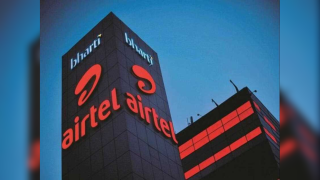CVC, a global private markets manager focused on private equity, secondaries and credit is acquiring a majority stake in Dutch infrastructure manager, DIF Capital Partners.
DIF is headquartered in Amsterdam with €16 billion of assets under management (AUM). Once CVC completes its commitment to acquire the remaining shares in the company, its AUM will rise to €177 billion.
The acquisition provides CVC with an infrastructure platform, which it describes as directly adjacent and highly complementary to its existing private equity, secondary and credit strategies. DIF will continue to operate under its own brand and retain independence over its operations and investment decisions.
The deal is expected to close by March 2024, with advisers to CVC including JPMorgan. DIF’s advisers included Morgan Stanley, Loyens & Loeff, PwC and De Brauw.
DIF, which was founded in 2005, boasts a team of over 225 professionals across 11 offices and operates two different investment strategies, the Core / Build-to-Core funds and the Core-plus funds.
“Expanding into infrastructure is a logical next step for us, given the long-term secular growth trends in infrastructure and its adjacency to our existing strategies. We have known the DIF team for several years, and we are delighted to partner with one of the top pure-play global infrastructure managers, with an impressive track record of performance and growth,” CVC chair and co-founder, Rolly van Rappard said.
DIF invests in a wide range of infrastructure but recent activity in digital infrastructure includes investments in Canadian fibre platform RFNOW, Finish fibre platform Valoo and an acquisition of US-based data centre platform Tonaquint.
“We are delighted to be teaming up with CVC, which is a natural step in the evolution of DIF and, together with my Partners, I look forward to leading DIF in this next phase of growth,” Wim Blaasse, CEO and Managing Partner at DIF said.
“This transaction enables us to benefit from CVC’s global platform, scale and investor relationships, and to double down on important infrastructure sectors like energy transition and digitalisation while retaining independence over our investment decisions.”






